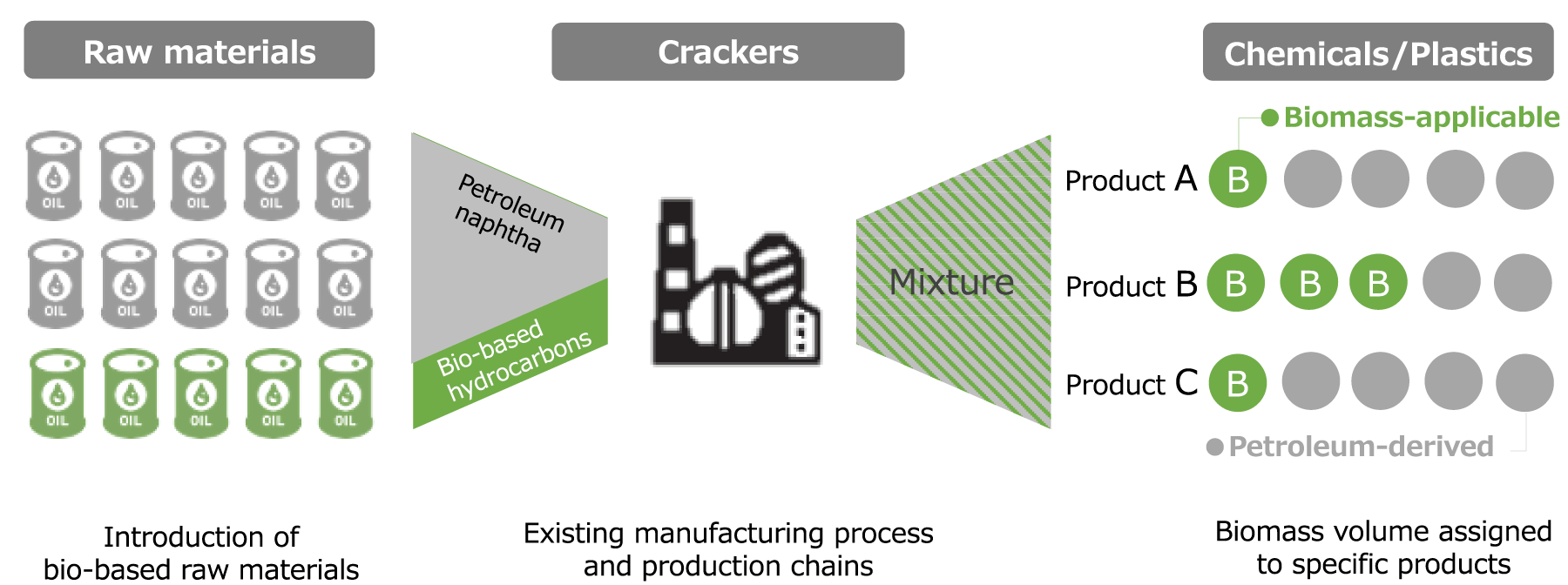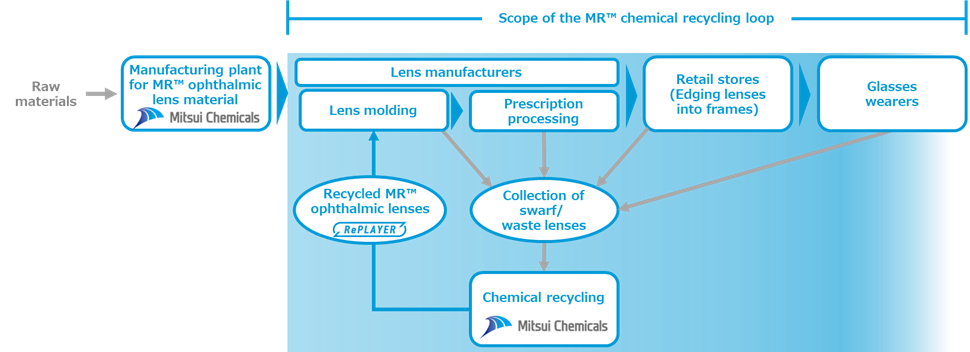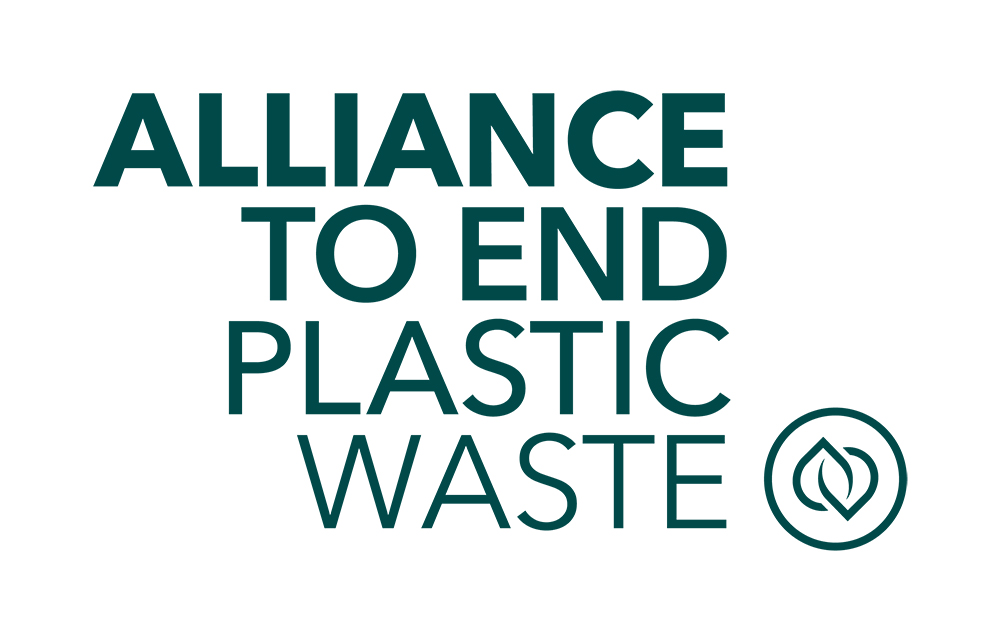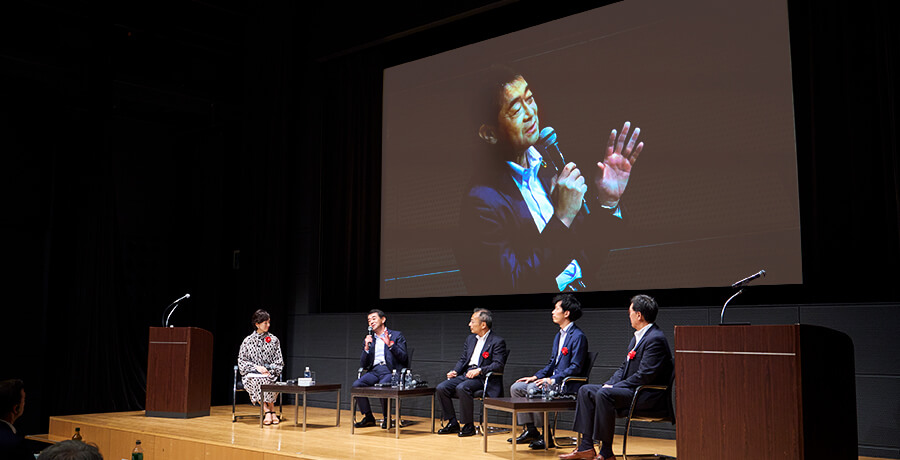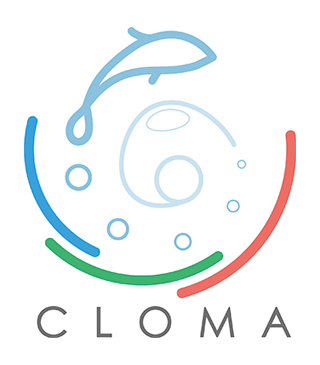Conventional linear economic activities, based on the premise of mass consumption and disposal of resources, are placing a heavy burden on the global environment. For over 100 years, the Mitsui Chemicals Group has supported rich and comfortable living through our philosophy of innovating and creating materials as a materials manufacturer. Going forward, we will continue to contribute to solving social challenges by bolstering circular economy initiatives which enhance environmental and social sustainability.
Based on this thinking, the Basic Strategy of VISION 2030 calls for building circular economy-based business models for all businesses. We are focusing on biomass and recycling strategies with a view to the entire supply chain for plastics, which are the Group's main products. By implementing these two strategies and addressing the problem of plastic waste, we will continue to promote resource recycling and endeavor to create a circular economy.


